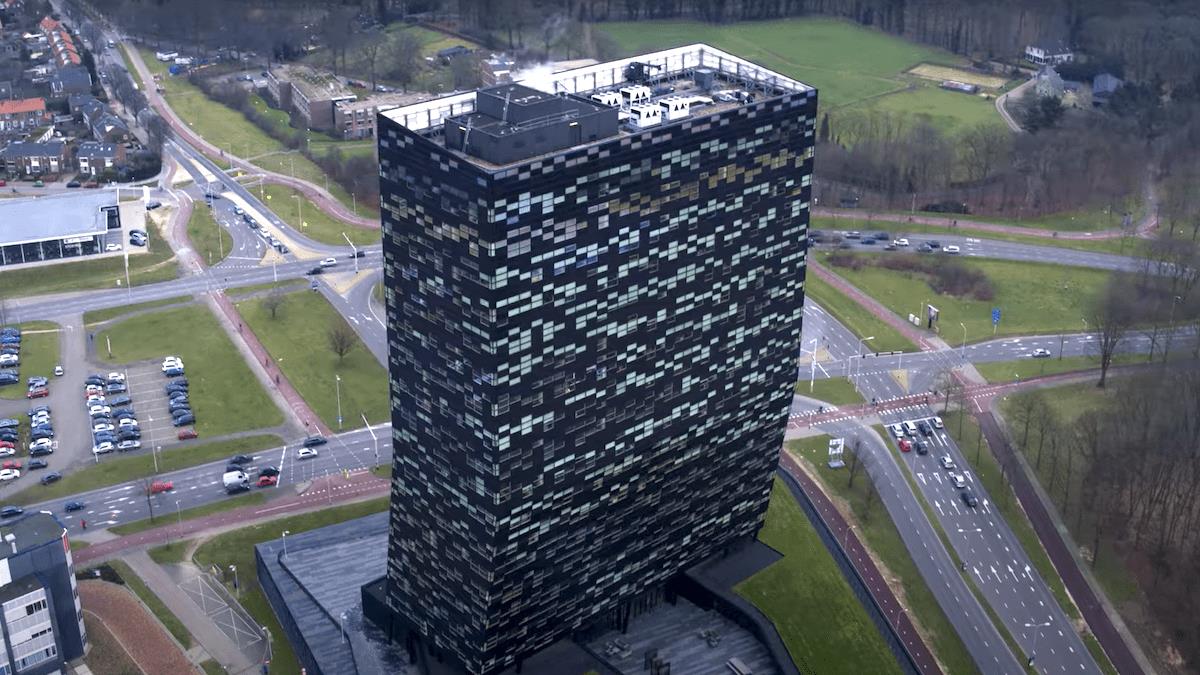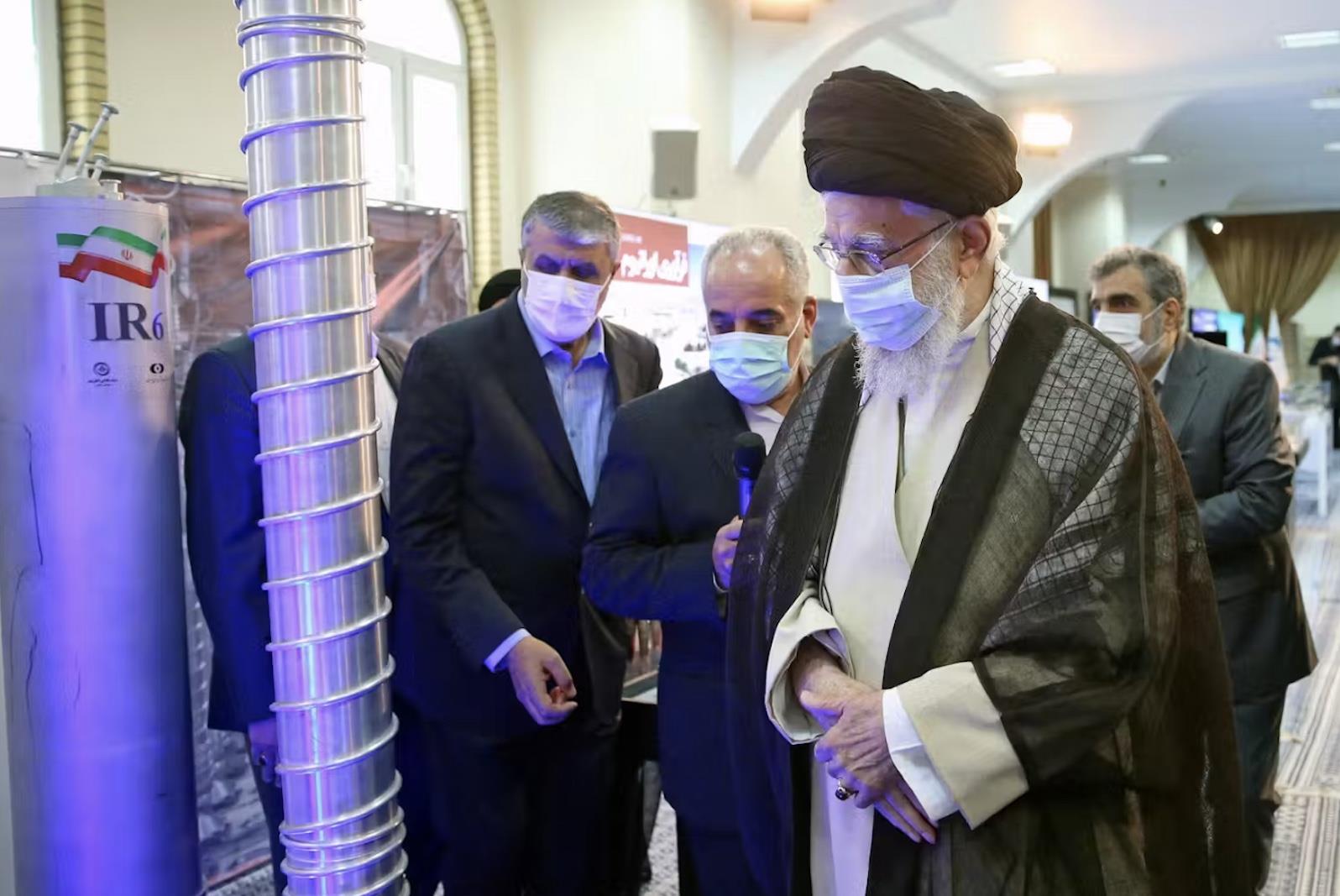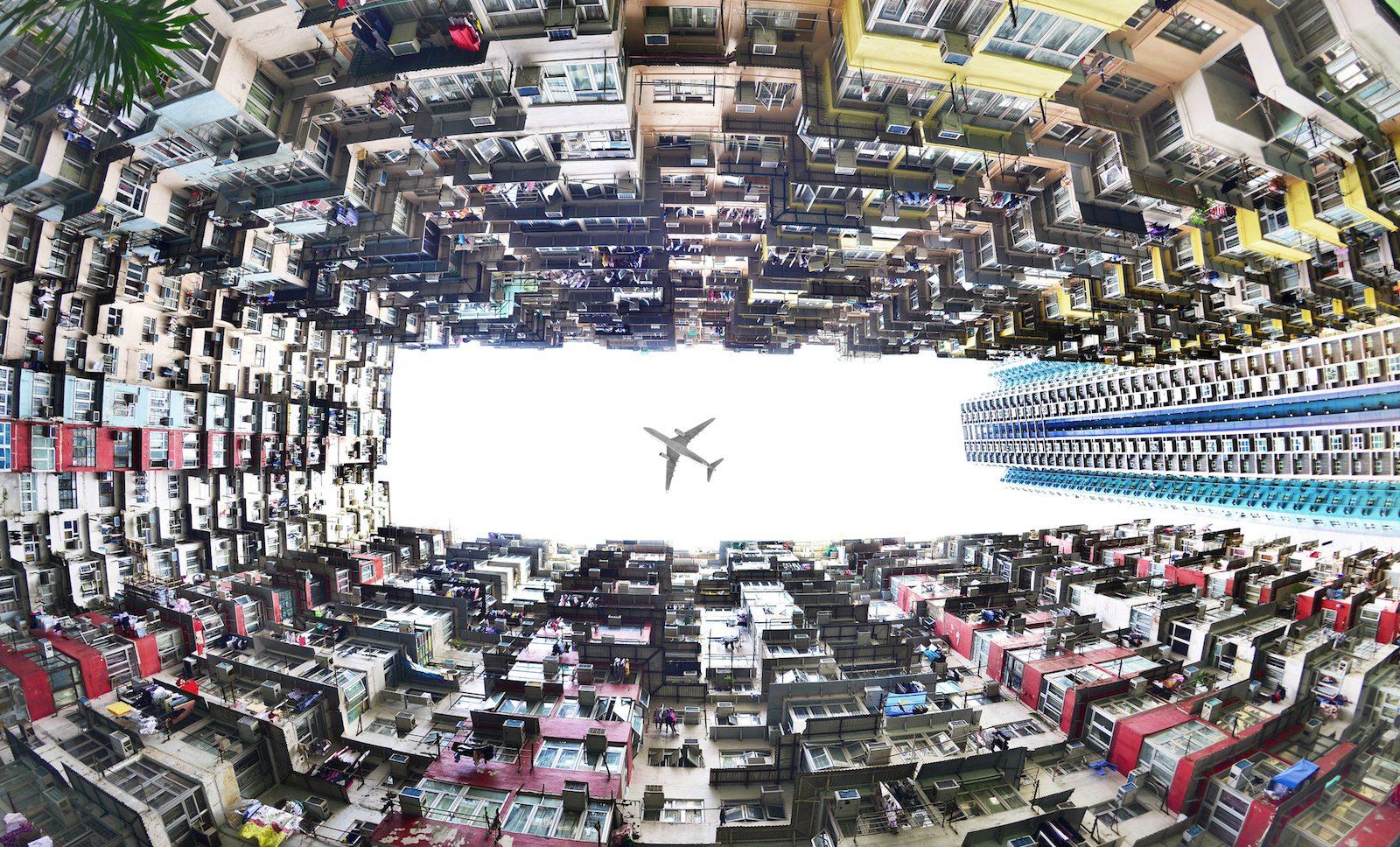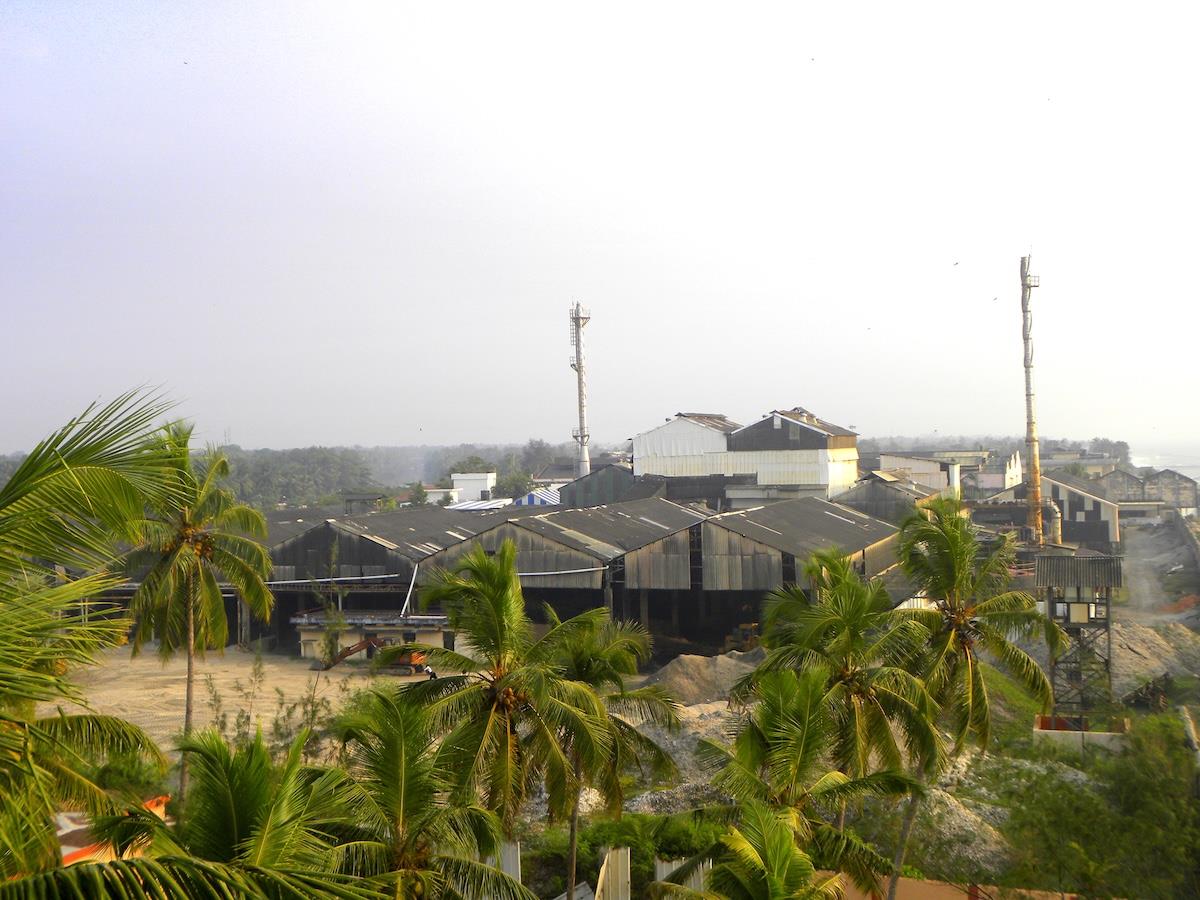
Trump Administration Should Make 'Dig, Baby, Dig' Its New Motto
President Trump adopted the catchphrase“drill, baby, drill” during his 2024 election campaign and the early phase of his second administration. For Trump 2.0, a more fitting slogan might be“dig, baby, dig.”
The 47th president, who ran on an“America First” platform, has touted his record resolving violent global conflicts and even called for a Nobel Peace Prize. From Russian President Vladimir Putin to Pakistan's military leaders, Trump has claimed a few notable endorsements.
While a key motivator behind his foreign policy was reportedly his desire to secure a place in“heaven” – a goal he now appears to have abandoned – there is a more grounded rationale for American involvement in far-flung conflicts, from the Democratic Republic of Congo (DRC) to Pakistan: economic security.
Over the past decade, Washington has come to recognize its vulnerabilities in critical and advanced technology supply chains – particularly in the rare earth minerals sector.
Under President Biden, the US launched the Mineral Security Partnership, uniting 14 countries and the EU to bolster mineral supply chains.
In contrast, President Trump has taken a less cooperative, more protectionist approach. Beginning with“Liberation Day,” his administration's tariffs have ignored long-standing partnerships, treating allies and adversaries the same. Unsurprisingly, this has made it difficult to rally allies for coordinated actions – especially when it's unclear who counts as an adversary.
Latest stories
Netherlands mocked as 'pirate' after taking over China's Nexperia

Iran snapback row exposes cracks in shifting global order

Making sense of Indonesia's Chinese J-10C fighter deal
Traditionally Washington has relied on economic statecraft – sanctions and export controls – to constrain adversaries' access to critical technologies. Thanks to the US dollar's global reserve status and America's dominance in many advanced technologies, this approach has often succeeded, with minimal domestic cost.
But as China has gained global leadership in sectors ranging from pharmaceuticals to rare earth minerals, it has begun to deploy its own tools of economic statecraft.
Recently, Beijing imposed export restrictions on rare earth minerals bound for the US. It also warned countries like India against diverting their imports of Chinese minerals to support US needs.
In response, Trump has announced a 100% tariff on all Chinese exports to the US, effective November 1. Treasury Secretary Scott Bessent has described China's actions as a threat to the global order, urging support from partners in Europe and India.
Yet, as the global response to Russia's invasion of Ukraine showed, the so-called“world” may not line up behind the West – especially not the Global South.
Rare earth minerals – used in everything from automobiles to fighter jets – are now a national security imperative. But Washington is late to the game.
Deng Xiaoping's famous observation,“The Middle East has oil; China has rare earths,” made during a visit to Baotou, Inner Mongolia, now seems remarkably prescient.
Between 2020 and 2024, the average lead time to get a new mine operational was eight years. Today, many experts note that the biggest bottleneck isn't mining but refining.
While the US has significantly rolled back environmental regulations imposed under the Biden administration, most developed countries have not followed suit. This presents an opportunity for Washington to partner with like-minded nations in the Global South for mutual benefit.
Beijing's recent weaponization of its mineral resources should prompt the US to reconsider its adversarial trade posture toward historic partners such as Vietnam, Brazil and India-three of the world's largest holders of rare earth reserves. This approach may prove more sustainable than relying on unstable countries like the DRC, Pakistan or Ukraine for critical minerals.
Signs of this strategic pivot are emerging. The newly appointed US Ambassador to India, Sergio Gor, emphasized critical mineral cooperation in his initial meetings with Indian officials – one of the few times a single sector has been so explicitly prioritized in diplomatic talks.
Similarly, the US and Vietnam have made steady progress through a memorandum of understanding focused on rare earth minerals.
As recently as last month, former US Ambassador to Brazil Michael McKinley called for deeper US-Brazil cooperation in securing this vital supply chain. That said, countries such as Brazil may not jump on the bandwagon right away.
As the PRC continues its weaponization of critical value chains, the Trump administration – including Bessent – in order to serve supply chain resiliency purposes will reconsider its antagonism toward countries. With a renewed approach to foreign relations, one not solely underpinned by trade and political relations, the often-fraught relations between Brazil and the United States could be reset.
This strategy also gives the Trump administration a chance to draw major BRICS economies away from their deepening ties with Beijing.

Sign up for one of our free newsletters
-
The Daily Report
Start your day right with Asia Times' top stories
AT Weekly Report
A weekly roundup of Asia Times' most-read stories
Meanwhile, the US government is negotiating the creation of a $5 billion critical minerals fund through a partnership between the Development Finance Corporation and New York-based Orion Resource Partners. But without strategic partnerships with stable economies, this ambitious project might lack the structural foundation it needs.
As New Delhi, Hanoi, and Brasília negotiate trade and market access, the US should prioritize supply chain resilience – even if that means accepting limited access to these markets in return. Supply chain resilience is, after all, a national security issue – far more consequential than mere trade balances.
Though Washington may be late to the party, bold, Warp Speed-style initiatives – as hinted at by the treasury secretary – and deeper partnerships with countries that have the reserves, refining capacity, infrastructure and political stability can start to help the US break China's monopoly over the sector.
“Drill, baby, drill” may have helped win President Trump a second term. But“dig, baby, dig” might better define what could be his legacy – one of challenging China's chokehold on the global supply chain.
Akhil Ramesh (... ) is director of the India Program & Economic Statecraft Initiative at Pacific Forum.
Sign up here to comment on Asia Times stories Or Sign in to an existing accounThank you for registering!
An account was already registered with this email. Please check your inbox for an authentication link.
-
Click to share on X (Opens in new window)
Click to share on LinkedIn (Opens in new window)
LinkedI
Click to share on Facebook (Opens in new window)
Faceboo
Click to share on WhatsApp (Opens in new window)
WhatsAp
Click to share on Reddit (Opens in new window)
Reddi
Click to email a link to a friend (Opens in new window)
Emai
Click to print (Opens in new window)
Prin

Legal Disclaimer:
MENAFN provides the
information “as is” without warranty of any kind. We do not accept
any responsibility or liability for the accuracy, content, images,
videos, licenses, completeness, legality, or reliability of the information
contained in this article. If you have any complaints or copyright
issues related to this article, kindly contact the provider above.
Most popular stories
Market Research

- Solo Leveling Levels Up: Korean Billion-Dollar Megafranchise Goes Onchain With Story
- Freedom Holding Corp. (FRHC) Shares Included In The Motley Fool's TMF Moneyball Portfolio
- From Tracking To Thinking: Edgen's“Smart Portfolio” Brings Portfolio-Native Multi-Agent Reasoning To Asset Portfolios
- Cregis At FOREX Expo 2025: Connecting Forex With Crypto Payment
- Currency Relaunches Under New Leadership, Highlights 2025 Achievements
- Cregis At TOKEN2049 Singapore 2025: Unlocking The Next Frontier Of Adoption



















Comments
No comment